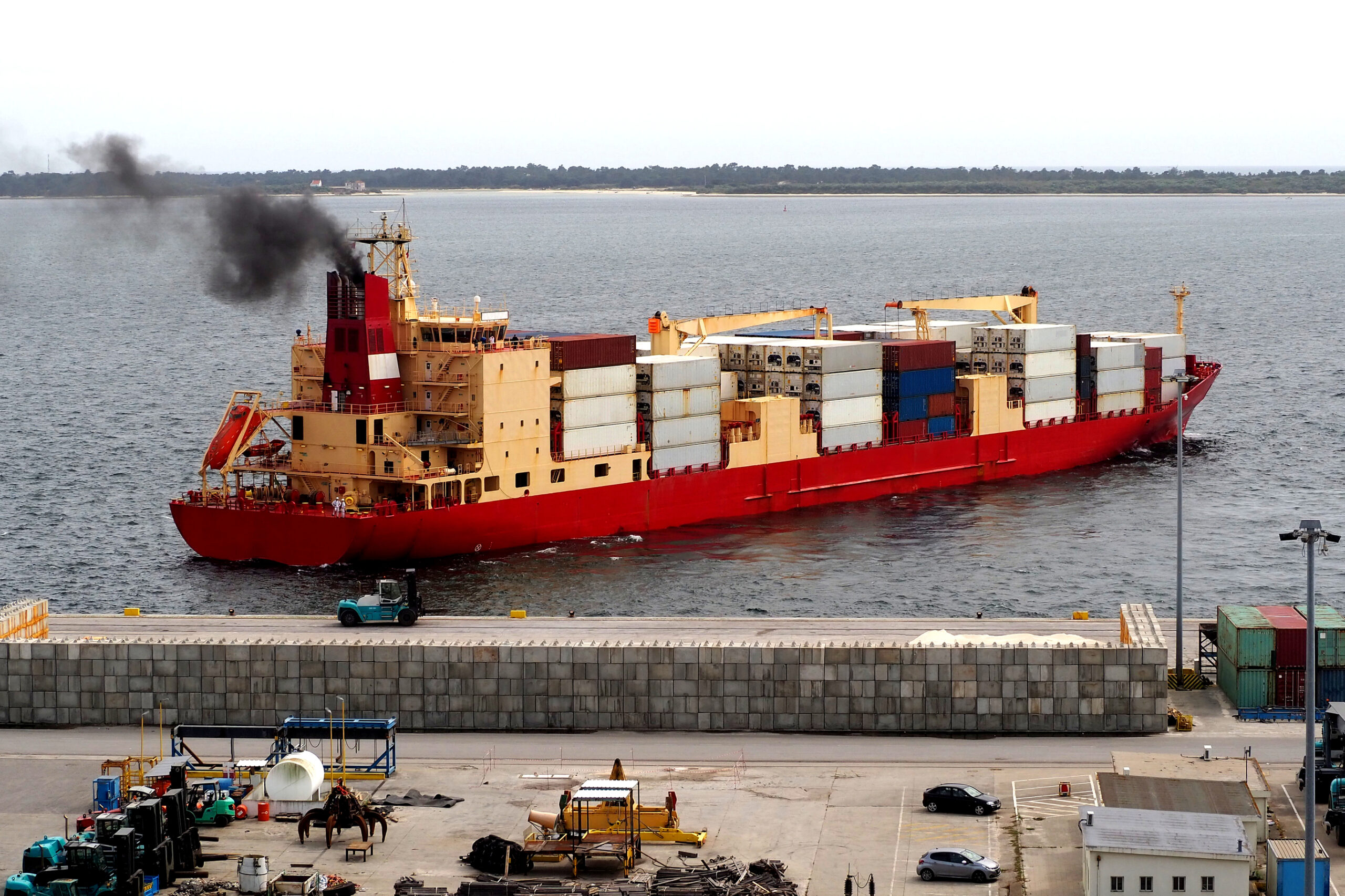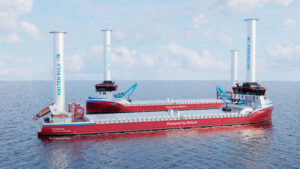Shipping faces €1.345bn in FuelEU penalties when the regulation enters into force in 2025. The upcoming implementation of FuelEU Maritime has shipping companies on high alert due to potential penalties for non-compliance with greenhouse gas (GHG) intensity reduction targets, says the Hamburg-based provider of compliance and data solutions, OceanScore.
OceanScore highlights the need for shipping companies to prepare for FuelEU Maritime regulations, and identifies passenger/cruise, container, RoPax, bulker and tanker segments facing significant cost exposure.
The provider of compliance and data solutions, OceanScore, has estimated total penalties for 2025: €1.345 billion across the 13,000 vessels that generate compliance deficits based on the upcoming regulation.
As it is reported, this is based on 2022 data, the most recently made available.
Container ships will account for 29% of gross penalties, followed by RoPax (14%), tankers and bulkers (13% each).
Passenger vessels will be penalised the most with an average of €520,000 annually, followed by RoPax at €480,000, RoRo at €314,000, and container ships at €214,000, according to OceanScore.
“Conventional fuel use leads to penalties, while LNG and LPG vessels generate surpluses. The €1.3bn amount accounts for vessels with negative compliance balances only, while vessels with positive compliance balances total €620m. When netting, the cost of FuelEU penalties for shipping is estimated at €680m. Showing that pooling vessels can halve the gross burden,” OceanScore added.



